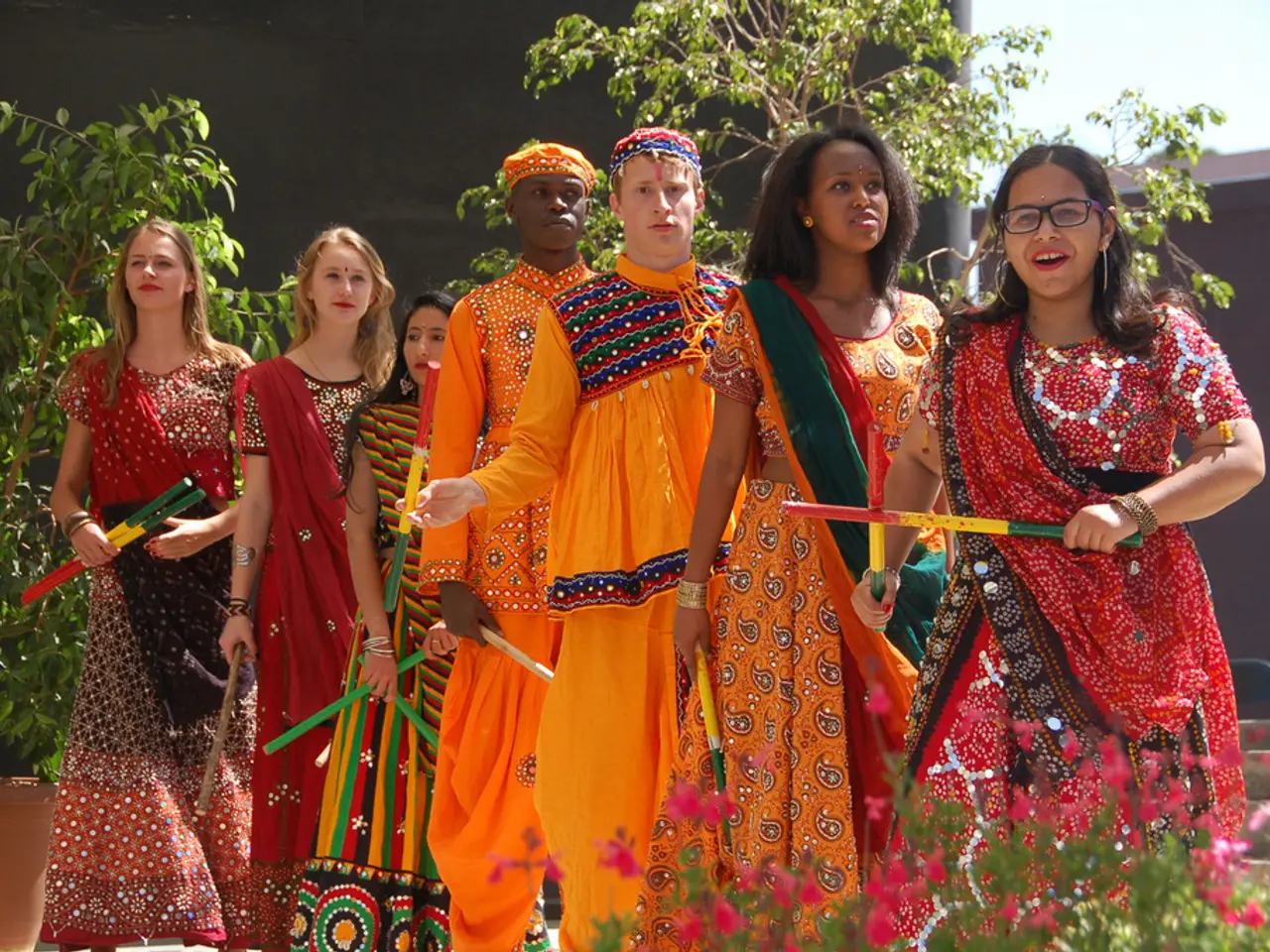Individuals' Urinations for July 6th: Requirement for a restroom visit today
On the 6th of July, a unique and intriguing celebration takes place, known as Agrafena Kupalnitsa or Agrippina the Roman. This day holds special significance in Slavic culture, marking the beginning of the bathing season in rivers and lakes.
This folk holiday, deeply rooted in the Orthodox Church's commemoration of Saint Agrippina of Rome, is also known as Agrafena the Bathhouse. The day is a fascinating blend of Christian remembrance and older Slavic traditions, highlighting the cleansing power of water and the importance of nature in seasonal cycles.
Key customs associated with Agrafena Kupalnitsa include:
1. **Bathing in natural waters**: Participants immerse themselves in rivers and lakes, a practice believed to have health and spiritual benefits. 2. **Folk beliefs and omens**: While specific omens are not extensively detailed, the timing of the holiday suggests it marks a natural transition into summer water-related activities.
The holiday is also associated with certain traditions and beliefs, such as:
- **Bath brooms**: It is believed that bath brooms made on this day possess healing properties. - **Boiled eggs**: Housewives traditionally boil all the eggs they can gather, hoping it will help hens lay well afterwards. - **Prayers to Agrafena Kupalnitsa**: People believe that praying to her can aid in curing mental and physical ailments.
In addition, there are a few natural phenomena associated with this day. For instance, hearing the songs of crickets and cicadas is believed to predict a mild, snowy winter.
However, it's worth noting that more detailed descriptions of specific omens or rituals were not found in the available search results.
Lastly, it's important to be mindful of certain customs related to the holiday, such as going to bed after midnight on July 6th, as it may disturb the rest of the domovoi (house spirit).
This distinctive celebration offers a glimpse into the rich cultural heritage and traditions of Slavic communities, bridging the gap between religious observances and ancient customs.
The unique celebration of Agrafena Kupalnitsa, deeply rooted in Slavic culture and Christian remembrance, emphasizes the spiritual benefits of bathing in natural waters for both physical and mental health. Crafting bath brooms and boiling eggs are traditional practices associated with the holiday, believed to have healing properties and aid in domestic productivity.




